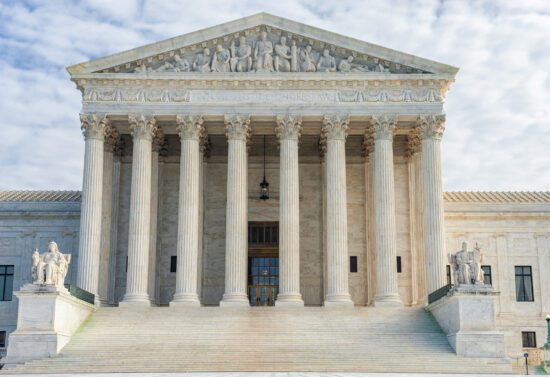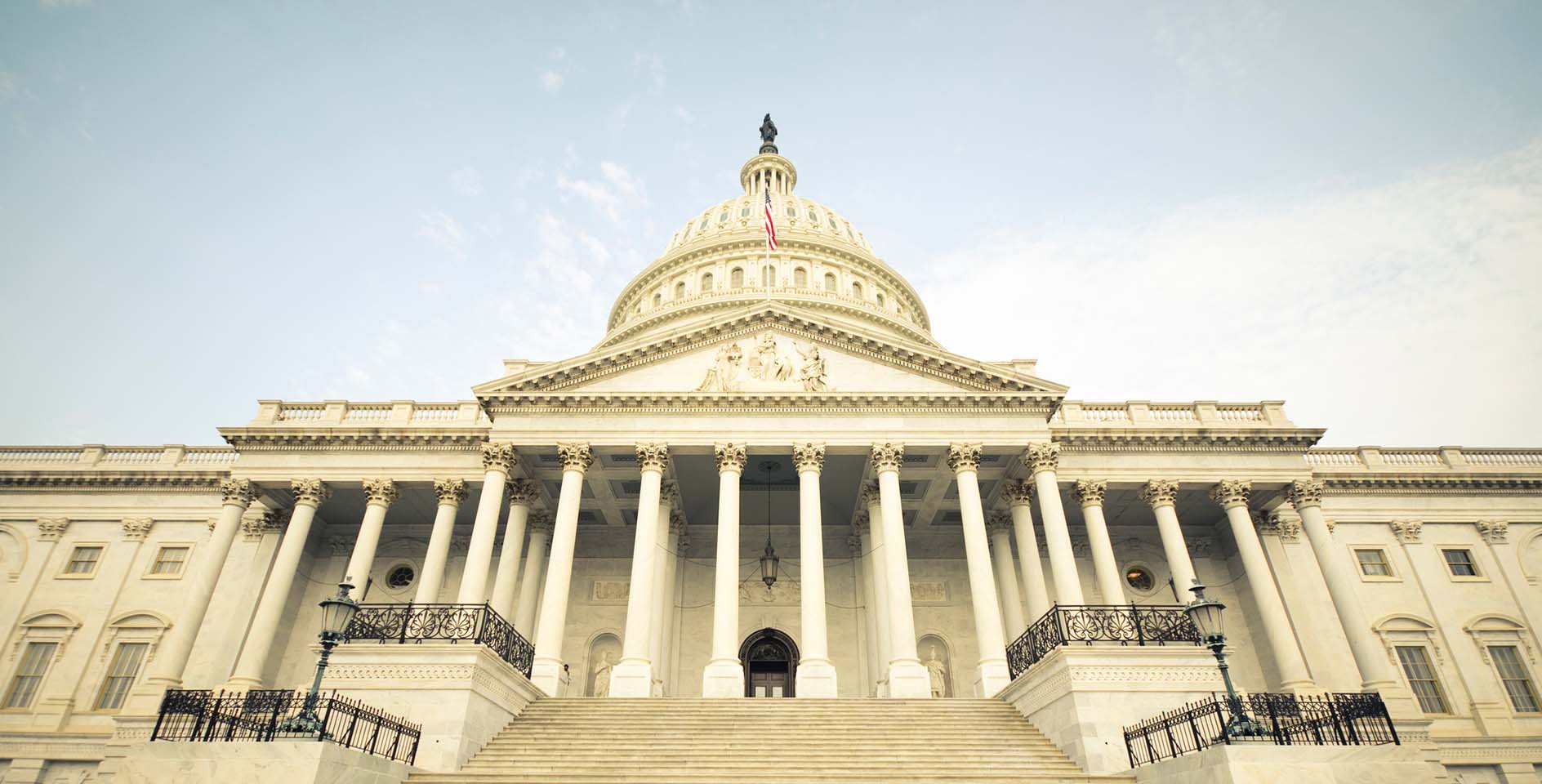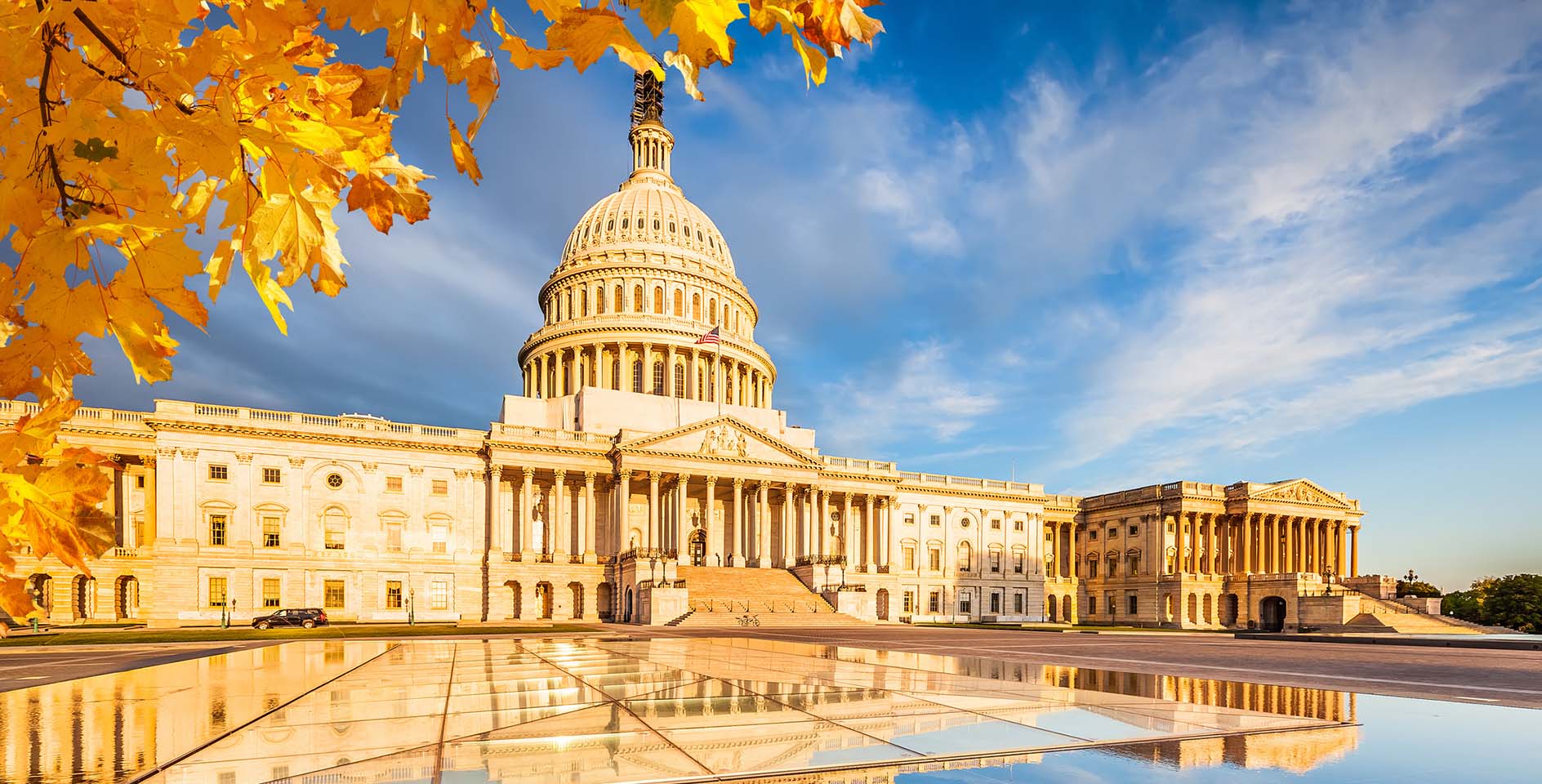In a recent forum on LGBTQ issues for Democratic presidential candidates, former Texas Congressman Beto O’Rourke said that churches and other religious institutions that oppose same-sex marriage should lose their tax-exempt status. Andrew T. Walker wrote about O’Rourke’s statement.
Here is what you should know about churches and tax exemption.
What does it mean to be “tax-exempt”?
Tax exemptions reduce or entirely eliminate an obligation to pay tax on income or transactions at the local, state, or federal level. Tax-exempt usually refers to the status of certain businesses and organizations that have a general federal tax exemption. Donations to such tax-exempt organizations are usually tax deductible (i.e., they reduce the amount of taxable income and thus the amount of tax required to be paid).
What types of organizations are tax-exempt?
An organization may qualify for tax-exempt status if it meets the qualifications under subsection 501(c) of the Internal Revenue Code (i.e., the section of the U.S. legal code that addresses federal tax law). The most common and well-known type is 501(c)(3)—corporations, funds, or foundations that operate for religious, charitable, scientific, literary, or educational purposes. These types of organizations are more commonly referred to as nonprofits or charities.
Currently, there were 29 types of organizations listed under 501(c). Some examples are 501(c)(4) [Nonprofit organizations that promote social welfare], 501(c)(5) [Labor, agricultural or horticultural associations], 501(c)(6) [Business leagues, chambers of commerce, etc. that are not organized for profit], and 501(c)(7) [Recreational organizations].
What is the difference between a nonprofit and a charity?
These terms are often used interchangeably. But while all charities are nonprofits, not all nonprofits are charities. The one condition shared by all nonprofits is that they do not pay out profits. As the IRS states, “No part of the organization’s net earnings can inure to the benefit of any private shareholder or individual. A private shareholder or individual is a person having a personal and private interest in the activities of the organization.”
What constitutes a charity, though, is more difficult to define, because the meaning of the term has changed over time. Prior to the twentieth century, charity was usually reserved as a designation for organizations whose purpose was to provide relief to the poor. But the term has expanded to include a variety of activities that promote the public interest or social welfare. The IRS notes that on numerous occasions courts and other authorities have expressed the view that the term “charity” cannot be restricted or confined. Under IRS rules, organizations that take opposing perspectives on what promotes public welfare—such as Americans United for Life and Planned Parenthood Federation of America—can both be classified as charities.
Why does the government provide some tax exemption to 501(C) organizations?
The rationale for granting tax exemption to certain private entities, according to the IRS, is based on the theory of shared social responsibility. As the IRS points out, the government and its citizens jointly share the responsibility for the well-being of the entire nation:
Early governmental authorities granted tax exemption because they were either unable or unwilling to satisfy obvious social needs. Later, exemption was extended or continued for organizations whose purposes and activities were socially desirable. Today, of course, government conducts many of the activities previously done only by private philanthropy. Even today some needs can be better met by private philanthropy. The present system for tax exemption reflects this philosophy. This dual system of public and private philanthropy seems likely to persist well into the indefinite future.
Do churches have to file for tax-exempt status?
No. Under Internal Revenue Code 508(c), churches are exempt from having to notify the IRS that they quality as an 501(c)(3). If a church meets the requirements of 501(c)(3), it is automatically exempt from federal income tax.
Doesn’t this allow any group to claim to be a church or religious organizations and avoid paying taxes?
The IRS is tasked with neutral and impartial enforcement of the Internal Revenue Code and is additionally constrained by the First Amendment to the Constitution, which mandates governmental neutrality toward churches and religious organizations.
Yet as the IRS clarifies, this “does not mean that these First Amendment rights are absolutes or can be asserted as a screen for any kind of conduct. While the court has found within the religious clauses of the First Amendment both a freedom to believe and a freedom to act, it has also found that the former is absolute while the latter is not. (Reynolds v. U.S., 98 U.S. 145 (1978).)” What this means is that when a group makes its beliefs and programs a basis for seeking tax exemption, the IRS “has an obligation to inquire whether such preferences should appropriately be extended to such group.”
There are two basic questions the IRS considers when determining whether a church or religious organization is described in 501(c)(3) and qualifies for tax-exempt status:
(1) Are the organization's beliefs and tenets sincerely held?
(2) In practicing its beliefs, does the organization meet all the requirements for 501(a) exemption set out in 501(c)(3)?
As the federal courts have ruled, the Constitution does not condone a taxpayer's subversion of the law through the guise of religious belief. To be entitled to the protection of the First Amendment to the U.S. Constitution the religious belief must be sincerely held. For instance, if the IRS found evidence indicating that the founder or members formed a “church” to avoid drug laws, the IRS could properly question the sincerity of the religious belief.
Despite this oversight power, the IRS has seldom cited the sincerity requirement in denying tax exemption.
Doesn’t giving churches a tax exemption violate the separation of church and state?
The concept of the separation of church and state is often misunderstood. “Church-state separation is not meant to create a religion-free civil society or public sphere,” says law professor Richard W. Garnett. “Instead, its purpose is to safeguard our fundamental right to religious freedom, by limiting the regulatory powers of government and by distinguishing between political and religious institutions.”
As noted above, the First Amendment to the U.S. Constitution mandates governmental neutrality. Churches and other religious organizations cannot be denied the same benefits as other organizations simply because they are religious.
In fact, the exemption prevents an undue and unnecessary entanglement between religion and the state. For example, as Tobin Grant observes, for the purposes of taxation the government may audit organizations, has rules about what counts as legitimate business expenses, and regulates how businesses perform their accounting. “To do this for churches means that the government would define what is and is not legitimate and then act to ensure compliance,” says Grant. “This raises a constitutional issue as Congress cannot make laws that affect the free exercise of religion.”
Most importantly, tax exemption for churches promotes religious liberty. “Governments do not refrain from taxing religious institutions merely because it is politically convenient or socially acceptable to support them,” adds Garnett. “They do and should continue to refrain from taxing churches because their power over them is limited, because ‘church’ and ‘state’ are distinct and because religious freedom is fundamentally important.”
“Tax exemption for churches is not a ‘reward,’ but a recognition that the power to tax is the power to destroy," said ERLC President Russell Moore. “And, indeed, with these comments Congressman O'Rourke threatens to destroy every church, synagogue or other religious institution that does not adopt his viewpoint on sexual ethics over and against their own traditions and authoritative texts. That is not the American way.”










